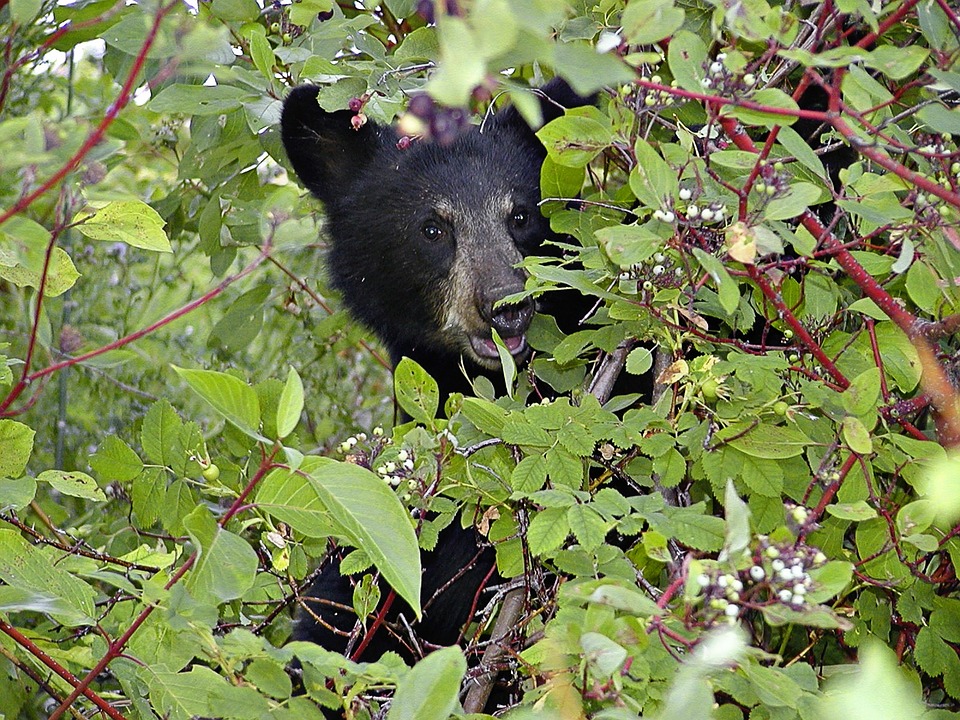The proposal, made at this week’s City Council meeting, is an experiment that would cover a five block area in West Quesnel.
Blake Knibbs, a Wildlife Safety Response Officer, suggested a test trial that would see locking mechanisms for garbage bins in the Abbott Heights area.
“The lock takes about 5 seconds to open it, put the bag in and close it. It’s not a major inconvenience for people. After talking to people in the area they were very supportive of having a locking mechanism. It would also make sure that the people that have the locks would have to take it off for garbage pickup, because it just wouldn’t be feasible for the truck operators to be taking the locks off all the time.”
Knibbs says 159 locking mechanisms would be needed for Blair Street, Betcher Street, Lark Avenue, Allard Street, and along Abbott Drive.
He says each unit could cost approximately 31 dollars, although he said there were other types as well.
Councillor Mitch Vik asked Knibbs if they could reduce the test area and still get the data that they needed.
“There are two streets in particular that I recall having a significant amount of conflict in, that is Blair Street and Betcher Street. Granted the say plus or minus 5 roads to either side of those two roads, that whole area is getting hit significantly with bear conflict. The only potential downside to reducing the test trial area is that it’s just going to push the bears to the next roads.”
There were 360 calls in Quesnel last year regarding human wildfire conflict, and Knibbs said that 22 bears had to be destroyed.
Councillor Scott Elliott asked him about relocating problem bears.
“The issue with bears, or conflict wildfire I should say, is that once they learn a behavior they never unlearn it. So once a bear gets into garbage, you can relocate a bear 350 kilometres away and it can be back in 3 1/2 weeks. So unfortunately when bears do get into garbage, we do have to euthanize them the majority of the time.”
The suggestion will now go to Council’s Financial Sustainability and Audit Committee.
Something going on in the Cariboo you think people should know about?
Send us a news tip by emailing [email protected].








